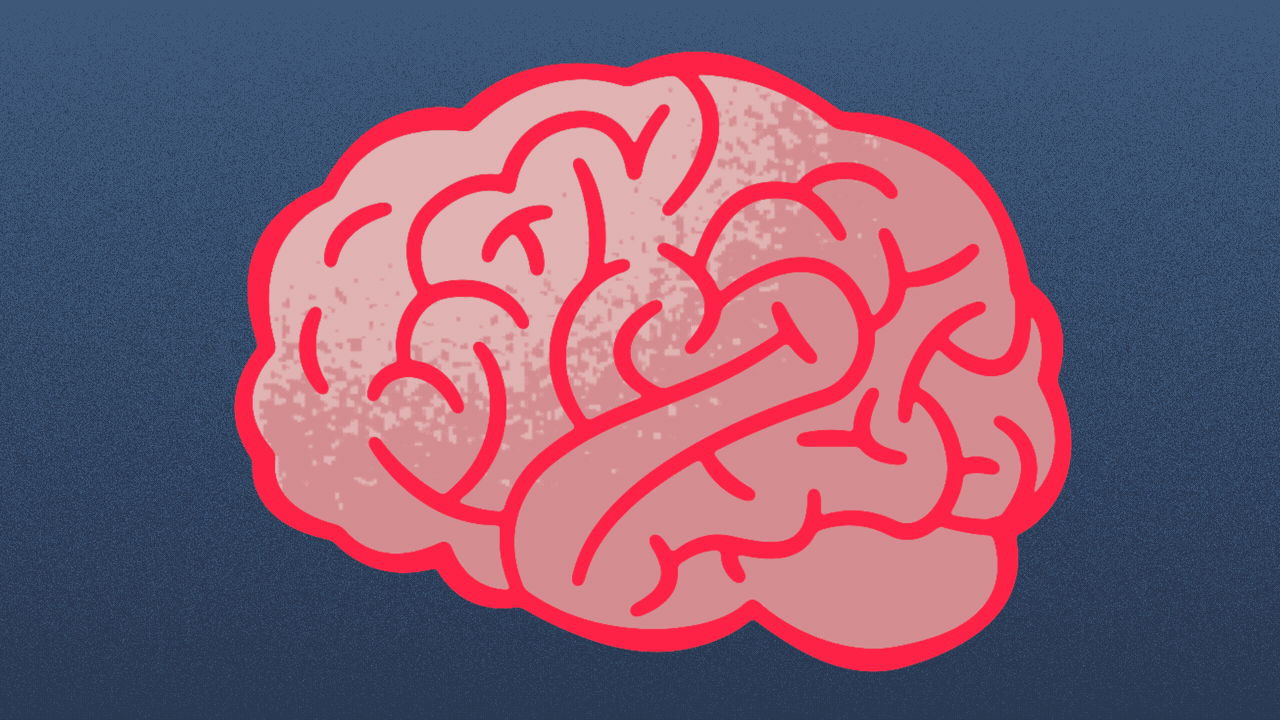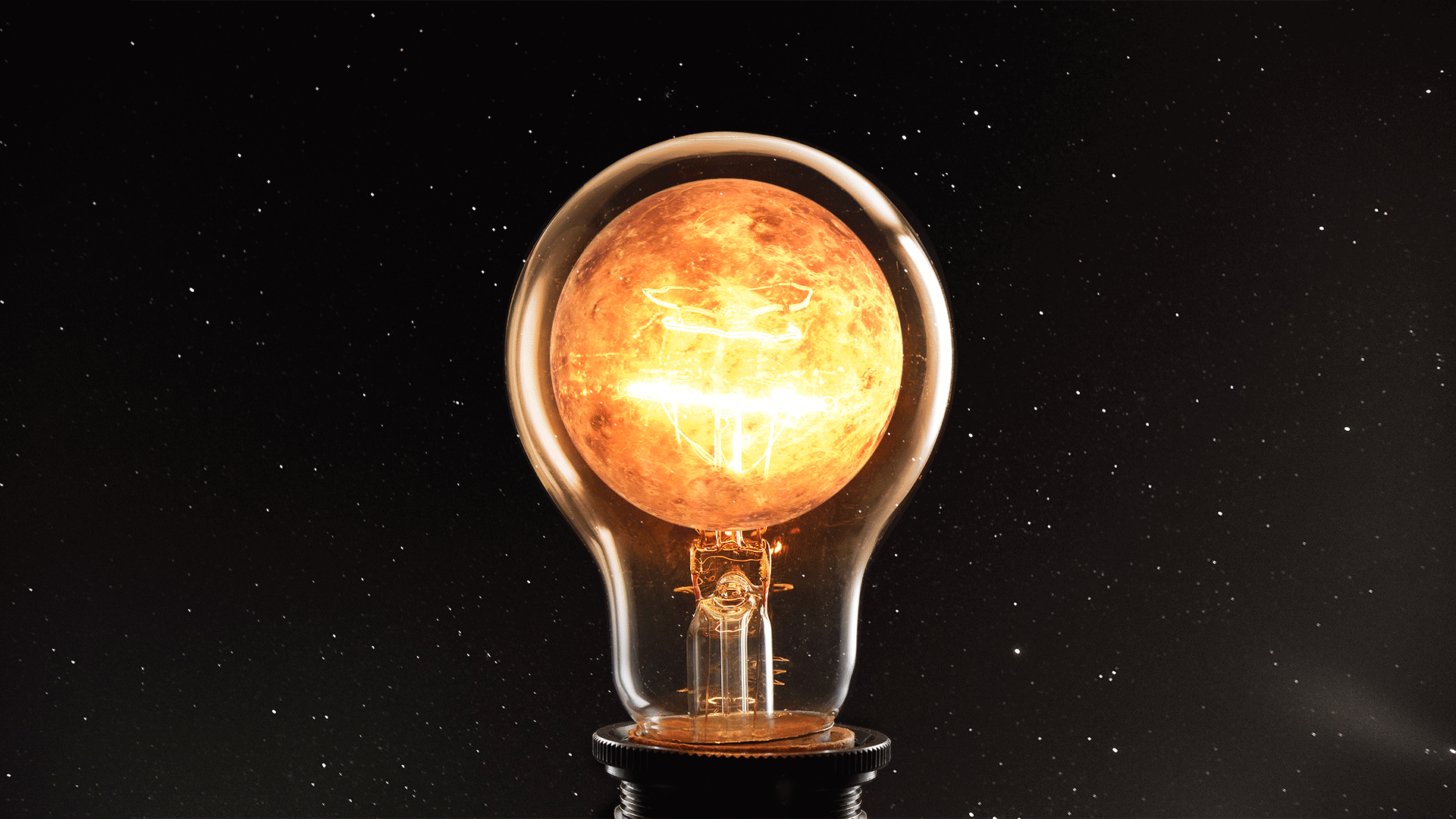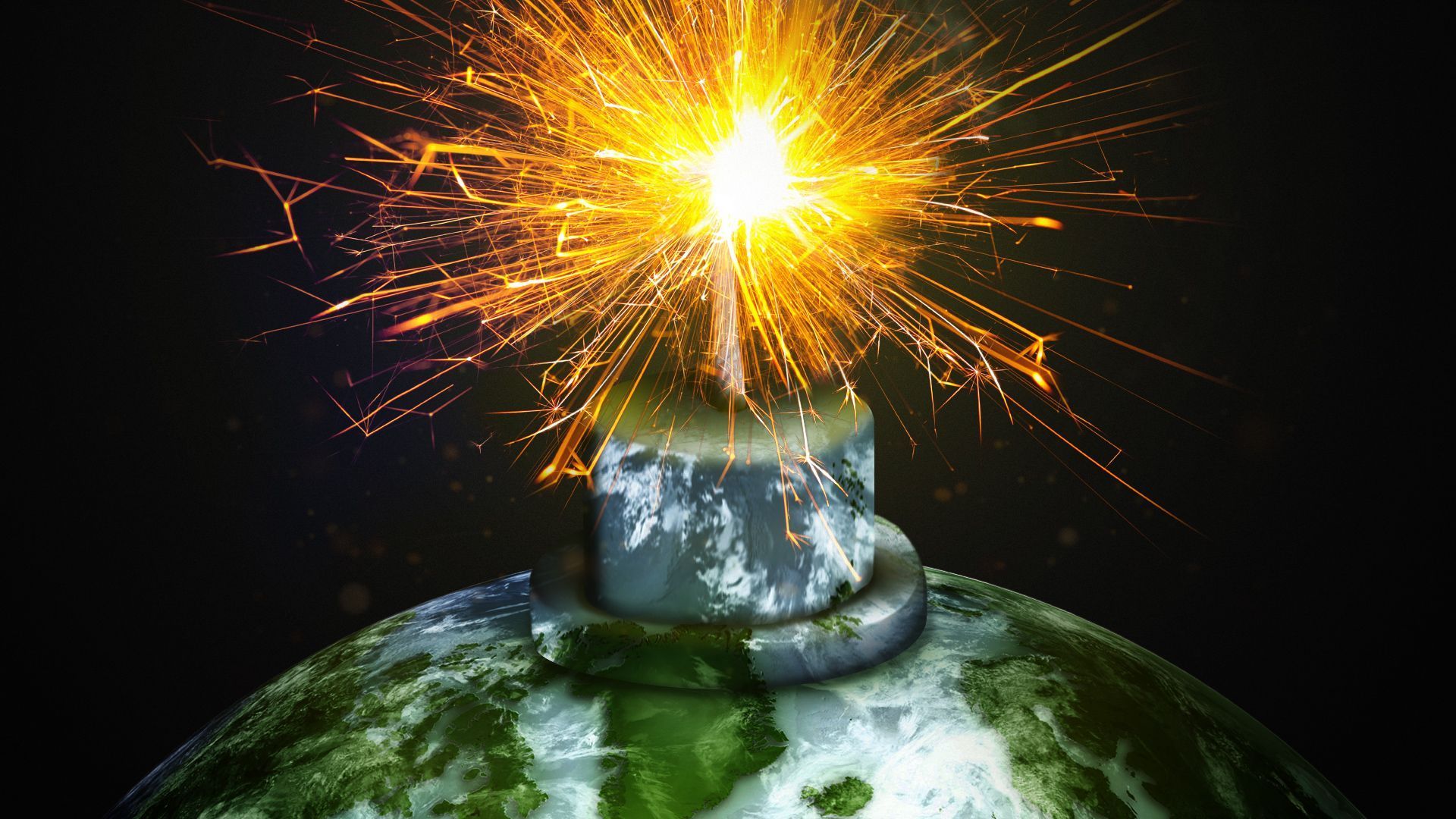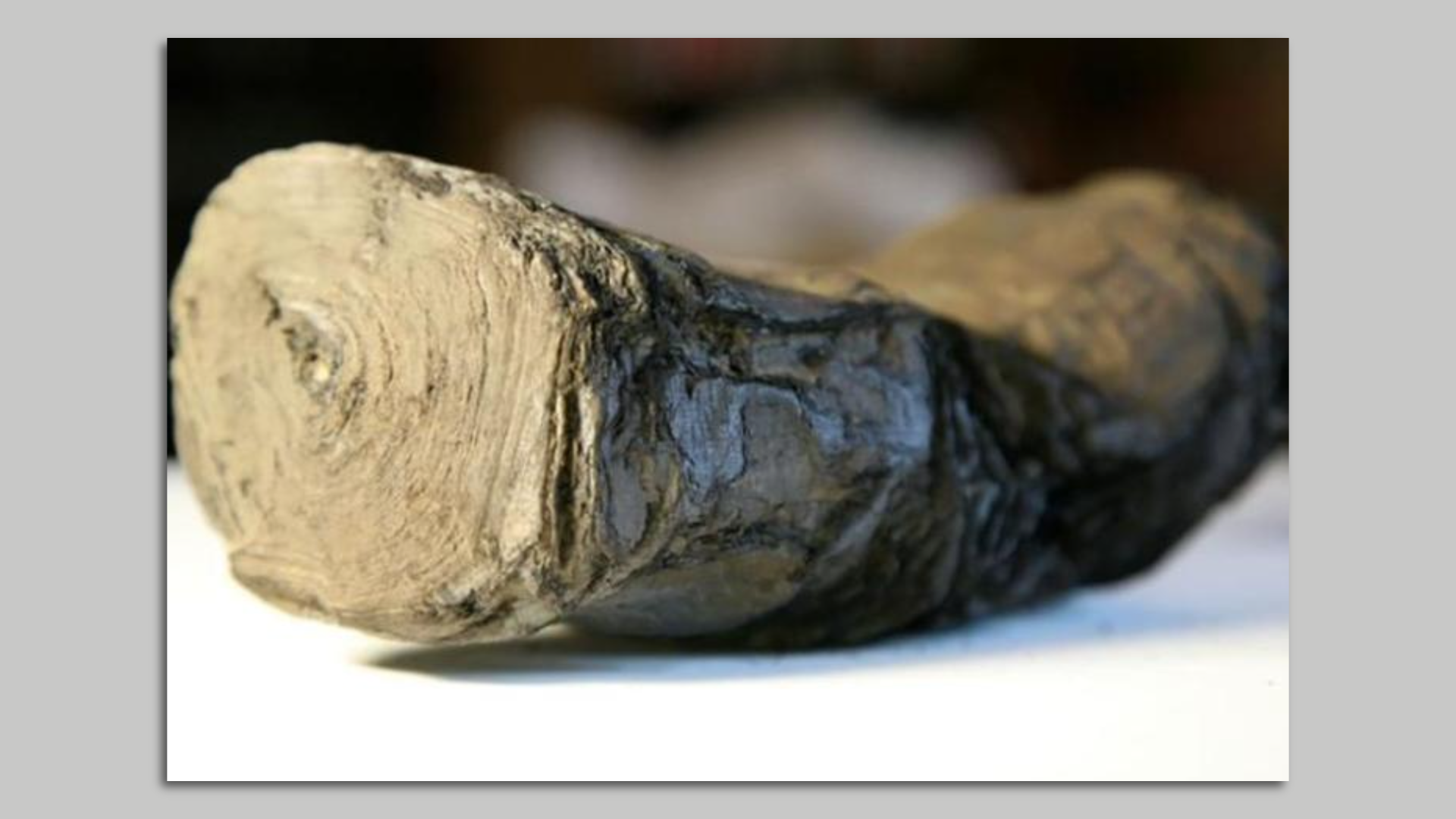| | | | | | | Presented By Leaf Filter | | | | Axios Science | | By Alison Snyder · Mar 23, 2023 | | Thanks for reading Axios Science. This week's newsletter is 1,767 words, about a 7-minute read. - Send your feedback and ideas to me at alison@axios.com.
- ICYMI: Axios' second annual What's Next Summit will be Wednesday, March 29, in Washington, D.C.! Speakers include White House Office of Science and Technology policy director Arati Prabhakar. You can watch live here.
| | | | | | 1 big thing: How chatbots could change us |  | | | Illustration: Brendan Lynch/Axios | | | | Psychologists and behavioral scientists are beginning to study how using sophisticated new AI-driven text and image generators affects human creativity, judgment and decision-making. The big picture: GPT and other generative AIs have been described as job decimators and productivity superchargers. Scientists and developers are poking, prodding, exposing and comparing the capabilities and weaknesses of these tools. - But there are equally important questions about exactly how they could affect our own skills and capabilities.
The possibility of more sophisticated AI in the workplace raises an array of questions about its impact on human judgment and decision-making. Those include: Creativity: With its confident but frequently false statements, generative AI, especially those that create images, may have more to offer in fields where one answer isn't required and a range of possibilities is acceptable or even desirable. - In that sense, it could be "a launchpad for creativity," my Axios colleague Ina Fried writes.
AI could also redefine productivity in the workplace, says Tara Behrend, who studies industrial-organizational psychology at Purdue University. - "If anyone can sneeze out 300 words with Chat GPT, maybe saying something original becomes productivity."
- "It is going to produce cliches, and cliches aren't actually valuable."
- But the bar for creativity or originality is subjective, and it could be unclear what is considered creative — for people and for AIs.
Influence: The people around us can sway our decisions and conclusions. - As AI enters the workplace, a big question is: "What are the social influences that are likely to happen working with ChatGPT?" says Gaurav Suri, an experimental psychologist and computational neuroscientist at San Francisco State University.
- "Most people are not using it that way now, but I think that issue is coming."
He points to a classic experiment about how people conform: Social psychologist Muzafer Sherif carried out experiments in the 1930s about social norms and conformity using what's known as the autokinetic effect. If someone is placed in a dark room and shown a light, it appears to jump despite being stationary. - Sherif asked study subjects — individually and then in groups — to estimate how far the light appeared to move.
- He found that in a group, people used other people's estimates to refine their own — they conformed.
"How does this process change if we interact with an artificial agent in the same way as talking with fellow human beings?" Suri asks. - "Would that interaction partner change the degree to which people stand behind an idea?"
Trust: When asked whether someone prefers a decision be made with the judgment of a human or an algorithm, most people say they prefer humans. - So far, people seem to have "a general distrust for machines and algorithms," says Chiara Longoni, a behavioral scientist at Boston University.
- But when people are asked about using human or algorithmic judgment to make specific predictions, they prefer algorithmic advice to human advice, says Jennifer Logg of Georgetown University, citing results from a series of studies in an unpublished working paper she co-authored. The findings support earlier research.
- Longoni poses the question: "How will the interaction with these highly sophisticated models change our perception of AI?"
Researchers are also interested in whether a conversation with a chatbot can provide inspiration like a chat with a colleague can, and whether co-creating with AI changes how meaningful work can feel, which Longoni is studying. What to watch: If generative AI tools affect critical thinking, learning how to work with them — including how to prompt them to get the desired information — could become a new job skill on resumes. The bottom line: "Asking how ChatGPT is changing the human response to things, that's the brave new world," Suri says. |     | | | | | | 2. Venus' bright scientific future is at risk |  | | | Illustration: Natalie Peeples/Axios | | | | The future of a major NASA mission to explore Venus hangs in the balance, threatening a promised renaissance for understanding the planet, Axios' Miriam Kramer writes. Why it matters: Scientists are eager to send new missions to Venus to answer major questions they still have about the planet. - It has been more than 30 years since a dedicated NASA mission was sent to Venus.
- Researchers think Venus could help shed light on what early Earth may have looked like and even aid in the search for life in the solar system.
Driving the news: President Biden's budget request for NASA — released on March 9 — dramatically pulls funding from the VERITAS mission to map Venus' surface from orbit. - The budget request drops the mission's funding to just $1.5 million per year from 2024 through 2028. That level of funding will provide support for the science team's time and development work but no support for engineering work to build the spacecraft itself.
The big picture: NASA officials have said the space agency is still committed to developing and launching VERITAS once other missions — like Europa Clipper, Psyche and NISAR — are cleared off the books at JPL. - NASA's head of planetary science Lori Glaze said in a press conference that the mission is expected to launch no earlier than 2031, delaying it from its 2028 launch. However, without clarity on funding for the next few years, even that launch date is uncertain, experts say.
- The decision could have a chilling effect not just on the Venus research community but the astronomy and planetary science community as a whole.
- "It suggests to everybody, not just in the Venus community, but to everybody in the planetary science community that NASA can arbitrarily cancel or delay missions that have already been selected," planetary volcanologist Tracy Gregg of the University of Buffalo tells Axios.
The intrigue: Two other missions to Venus — NASA's DAVINCI+ probe to launch in the late 2020s and the European Space Agency's EnVision orbiter to launch in the early 2030s — are moving ahead as planned, but scientists stress that VERITAS is essential to their understanding of the planet. - VERITAS will develop a global radar map of Venus, which will also help scientists pick out possible areas of interest for DAVINCI+ and EnVision.
|     | | | | | | 3. UN report: A "rapidly closing window" for climate action |  | | | Illustration: Aïda Amer/Axios | | | | The latest installment of the UN's climate report includes "a litany of indications that climate change is already severe and causing human suffering" and a graphic that conveys what that means for different generations, Axios' Andrew Freedman writes. Driving the news: The final installment of the Intergovernmental Panel on Climate Change's (IPCC) sixth assessment report amounts to scientists' final warning issued when the world still has a chance to limit global warming's severity to the Paris Agreement's targets. - By the time the next IPCC assessment report is issued in five to seven years, the report suggests human actions may have rendered the Paris Agreement's 1.5°C target, and possibly even its 2°C benchmark, infeasible.
- "There is a rapidly closing window of opportunity to secure a livable and sustainable future for all," the report's summary for policymakers states.
- "The choices and actions implemented in this decade will have impacts now and for thousands of years."
- Current climate actions are taking place too slowly, the report shows. "We are walking when we should be sprinting," said IPCC chair Hoesung Lee at a Monday press conference.
Zoom in: The IPCC report contains stark findings, including that the world is way off track in limiting the severity of global warming; but there's still time to rein in emissions from fossil fuels, land use change and other sources. - For the 1950s group, much of the climate change they have experienced has occurred since the 1970s, when the fingerprints of greenhouse gases became more pronounced.
- Those born in 1980 have already seen large and rapid shifts in climate, and will be 70 years old during the middle of the century, which is the timeframe for when nations' emissions are supposed to hit net zero.
- People born in 2020, however, could see a world that warms dramatically more than it has so far if emissions remain high.
Go deeper: Read more of Andrew's coverage and sign up here for Axios' daily energy and climate change newsletter. |     | | | | | | A message from Leaf Filter | | Leave gutter cleaning to the professionals | | |  | | | | Gutter cleaning is a tedious, messy and potentially dangerous task — yet the damage caused by clogged gutters can be devastating for your home. The solution: LeafFilter provides the most effective debris-blocking, professionally-installed gutter protection system on the market. Get 15% off! | | | | | | 4. Worthy of your time | | Beethoven's cause of death revealed from locks of hair (Dyani Lewis — Nature) Science museums take stock of 1.1 billion objects from around the world (Carl Zimmer — NYT —paywall) Zooming in on the brains of babies (Emily Underwood — Knowable) |     | | | | | | 5. Something wondrous |  | | | A Herculaneum scroll at the L'Institut de France. Image courtesy of EduceLab/University of Kentucky | | | | Machine learning and computer vision are being used to try to read the 2,000-year-old remains of papyrus scrolls buried under the ash of Mount Vesuvius when it erupted in AD79. Driving the news: The scientists leading the research have started a global contest with $1 million in prizes and access to the images of scrolls and the software they use to help speed up the analysis. - The goal is to read four pieces of text inside two rolled-up scrolls before the end of this year.
The big picture: Roughly 1,800 scrolls were found in the 18th century at a villa in the ancient town of Herculaneum in modern-day Italy. - Fragments and unrolled scrolls have been scanned and imaged, revealing poems and Epicurean philosophical texts.
- But hundreds of scrolls haven't been opened and, so far, researchers haven't been able to detect writing on intact, rolled scrolls.
How it works: Brent Seales, a professor of computer science at the University of Kentucky, and his colleagues created 3D X-ray tomography techniques and AI tools to virtually unwrap papyrus scrolls. - X-rays can be used to find "a subtle but detectable signature from carbon ink" on the scrolls, he and his colleagues wrote in a paper outlining the technique.
- But finding those changes in unwrapped scrolls is a big challenge — and the focus of the new contest. The sponsors include Nat Friedman, Daniel Gross and other AI developers and investors.
Seales and his team used a particle accelerator to create scans of two full scrolls and a handful of fragments. - Those scans are being made available to the contestants, who can then use machine learning, computer vision, or other tools to try to detect the text on the scrolls.
- "People are getting nerd-sniped, or maybe scroll-sniped," Seales says of the interest in the contest.
What to watch: Seales says people regularly reach out to him about analyzing antiquities in their collections. - For example, archaeologists wrote to him about parchment manuscripts —"soaked and stuck together in a big block" — found in a sunken Spanish galleon.
- But Seales has his eye on the ancient world. He said there is evidence that suggests there could be "a trove of things that were in the Alexandria Library that are in a ship at the bottom of the Baltic Sea."
|     | | | | | | A message from Leaf Filter | | Protect your gutters — and the entire home | | |  | | | | LeafFilter, the nation's largest gutter protection company, helps protect your entire home by offering services that support: - Roofing damage.
- Rotting wood and fascia.
- Basement flooding.
- Foundation damage.
Schedule your free estimate today and get 10% off! | | | | Thanks to editors Laurin-Whitney Gottbrath and Scott Rosenberg, visual journalist Natalie Peeples and copy editor Carolyn DiPaolo. Sign up here to receive this newsletter. |  | | Are you a fan of this email format? Your essential communications — to staff, clients and other stakeholders — can have the same style. Axios HQ, a powerful platform, will help you do it. | | | | | | Axios thanks our partners for supporting our newsletters.
Sponsorship has no influence on editorial content. Axios, 3100 Clarendon Blvd, Arlington VA 22201 | | | You received this email because you signed up for newsletters from Axios.
To stop receiving this newsletter, unsubscribe or manage your email preferences. | | | Was this email forwarded to you?
Sign up now to get Axios in your inbox. | | | | Follow Axios on social media:    | | | | | |









No comments:
Post a Comment